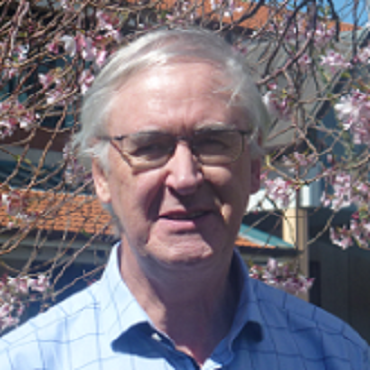
Mark Elwood
Professor
University of Auckland
New Zealand
Biography
Mark Elwood is Professor of Cancer Epidemiology at the School of Population Health. He is an epidemiologist and public health physician (MB, MD, DSc, FRCP (Canada), FAFPHM). He has been involved in research in cancer epidemiology and in cancer control, including causes and prevention, screening and early diagnosis, and improving patient outcomes. His other areas of interest include evidence-based health care in general, birth defects, and health issues relating to electromagnetic fields (such as cellphones and power lines). He teaches PoplHlth 304, ‘Applied Epidemiology’. He has been Vice-President of the British Columbia Cancer Agency in Vancouver, Canada; Director of the National Cancer Control Initiative in Australia; Professor and chair of the Dept. of Epidemiology and Community Health at the University of Nottingham, UK; and Professor at the Univ. of Otago. He has written over 300 scientific publications and several books. These include ‘Critical Appraisal of Epidemiological Studies and Clinical Trials’, Oxford University Press, 3rd edition 2007, 4th edition in preparation. His current interests, all of which could give opportunities for students, include: quality of care and patient outcomes in breast, lung, colorectal and other cancers, and in melanoma; international comparisons of cancer incidence and survival; causes, prevention, early diagnosis and screening for cancer; primary care aspects of cancer; other applications of evidence-based critical appraisal; and health issues of electromagnetic fields and other environmental issues. Since coming to Auckland in 2012, he has supervised several BHSc and MPH students.
Research Interest
Studies of outcomes of breast cancer in Waikato and Auckland. Studies of lung cancer and EGFR receptors. Studies of the management of cancer in primary care, with links to the International Cancer Benchmarking Project. Assessments of progress in cancer control in New Zealand, with international comparisons. Studies of other cancers including melanoma and endometrial cancer. Health effects of electromagnetic fields including low frequency (power line) and radiofrequency (mobile phone) fields.
